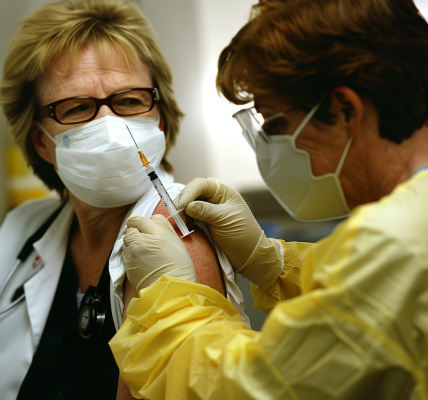In a significant advancement for breast cancer survivors, a recent study highlighted the positive impact of a lifestyle medicine program on exercise habits and overall health outcomes. Presented at the Lifestyle Medicine Conference, the findings reveal that participants in the PAVING the Path to Wellness program experienced notable improvements in their quality of life and physical health.
According to Dana E. Haggett, a nurse practitioner at Massachusetts General Hospital, lifestyle factors such as diet, exercise, and alcohol consumption play crucial roles in cancer recurrence. The PAVING program, which is delivered online, aims to educate breast cancer survivors on the six pillars of lifestyle medicine, empowering them to make healthier choices.
The study involved a retrospective, cross-sectional analysis comparing the exercise habits of 21 breast cancer survivors who completed the program with those who did not participate. The results were compelling: 53% of the participants reported their quality of life as “very good” or “excellent.” Furthermore, 38% rated their physical health as “very good,” while 34% described their mental health as “excellent.”
One of the most striking findings was the difference in exercise levels between the two groups. Participants in the PAVING program engaged in moderate to vigorous exercise for an average of 338 minutes per week, significantly higher than the 153 minutes reported by the control group. This increase in physical activity is particularly important, as regular exercise is associated with better health outcomes for cancer survivors.
Haggett expressed enthusiasm about the results, stating, “Excitingly, the PAVING the Path to Wellness participants were exercising more than the control group, and so that is really important because we can see that improves their outcome as a cancer survivor.”
The PAVING program not only focuses on physical activity but also encompasses nutritional guidance and lifestyle modifications that are essential for long-term health. By addressing these factors, the program aims to equip survivors with the tools they need to enhance their overall well-being and reduce the risk of cancer recurrence.
This innovative approach to post-cancer care underscores the growing recognition of lifestyle medicine as a vital component of comprehensive cancer treatment. As more survivors seek ways to improve their health after a cancer diagnosis, programs like PAVING the Path to Wellness are paving the way for better survivorship outcomes.
The findings were presented at the Lifestyle Medicine Conference held in Orlando from October 27-30, 2024, where healthcare professionals gathered to discuss the latest advancements in lifestyle medicine and its applications in various health contexts.
As the medical community continues to explore the intersection of lifestyle choices and health outcomes, the PAVING program stands out as a promising model for supporting breast cancer survivors on their journey to recovery. By fostering healthier habits and promoting physical activity, such programs could play a crucial role in enhancing the quality of life for those affected by breast cancer.
With lifestyle medicine gaining traction, further research and development of similar programs could lead to improved health outcomes not only for breast cancer survivors but for patients facing a variety of health challenges. The emphasis on prevention and wellness represents a shift towards a more holistic approach to healthcare, focusing on the individual’s overall quality of life.





